- Home
- What are we
- Who we help
-
- How we help
-
-
-
- Accounting
-
- Advisory
-
- Business Support
-
-
- Resources

Closing a limited company is not always a straightforward process, especially when there are outstanding debts to consider. The situation becomes even more complex when the debts are owed to HM Revenue and Customs (HMRC).
HMRC debts are not just another line in the balance sheet; they come with their unique set of challenges that can pose significant implications for company directors. Understanding these financial difficulties is crucial, as they can influence the future of the company, its reputation, and the personal finances of its directors.
At Auditox Accountancy, we are dedicated to providing professional advice and support to businesses navigating the complex waters of company dissolution, especially when facing HMRC debts.
Table of Contents
When it comes to settling debts, those owed to HMRC stand apart from regular business debts. Let's delve into the complexities these debts introduce and their implications for company directors.
Check out: How Far Back Can HMRC Go
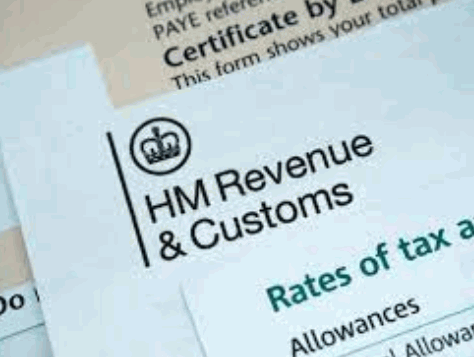
Unlike other creditors, HMRC has a certain level of priority and vast enforcement powers. Tax arrears, such as VAT, Corporation Tax, and PAYE, are not treated the same as other business debts. If a company owes money to HMRC and does not address it promptly, the consequences can be immediate and severe.
There are strict rules in place, and HMRC can initiate a range of enforcement actions, from issuing a debt enforcement notice to applying for liquidation on a compulsory basis.
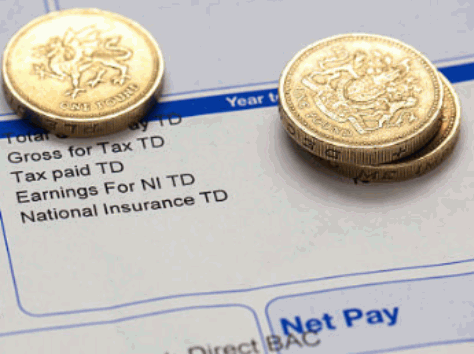
When closing a company with HMRC debts, directors face risks like wrongful trading, which arises if they continue operating while knowing the company can't meet its debts. This can tarnish both the company's and director's reputations.
Additionally, if directors have given a personal guarantee for the company's debts, they may be held personally responsible for money owed, impacting their finances.
The line between company liabilities and personal liability can sometimes blur. While limited business structures typically protect directors from company debts, there are exceptions. If HMRC believes that tax evasion or fraud has occurred, they can hold directors personally liable for the tax arrears.
Additionally, if a director has provided a personal guarantee for any secured debts or credit accounts, they can be pursued personally.
Discover: How Likely Are You To Be Investigated By HMRC
The short answer is yes. When directors find themselves under the weight of personal liability due to company debts, seeking professional advice is paramount.
The decision to close is multifaceted and can be influenced by several factors. The presence of outstanding debts, especially when you cannot pay HMRC, further complicates this decision. Here, we'll break down the process based on whether the company is solvent or insolvent.
If a company owes money but is still solvent, meaning it has the means to pay off its debts, there are established procedures to follow:
Dissolution: One option is to apply for a company dissolution with Companies House. Before doing this, the company must ensure all its debts, including debts to HMRC, are settled.
Members' Voluntary Liquidation (MVL): For a solvent firm with surplus assets or money left after paying off all the debts, an MVL is a more tax-efficient method. This involves liquidating the company's assets and distributing the proceeds among shareholders.
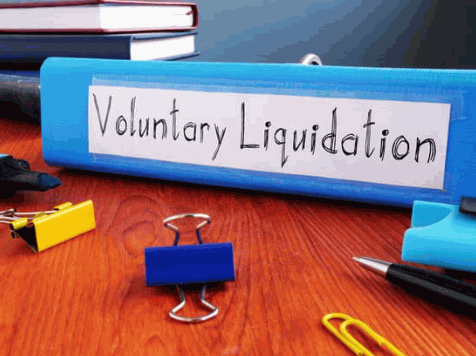
An insolvent company is one that owes money that it cannot pay. For such companies, there are specific steps to consider:
Creditors' Voluntary Liquidation (CVL): This is an option when a company cannot pay its debts, including the company's tax arrears and debts to HMRC. The company's directors voluntarily choose to liquidate the company. An insolvency professional is appointed to sell the company assets and distribute the proceeds to the creditors.
Compulsory Liquidation: If a business fails to pay its debts and doesn't voluntarily enter liquidation, its creditors, including HMRC, can petition the court to have the company compulsorily liquidated.
This is usually the last resort and can have more severe implications for the firm and its directors.
In both cases, the company will cease trading immediately, and its name is removed from the Companies Register. It's crucial to remember that the company's directors may still be investigated for their conduct, especially if they continued trading while insolvent, or worked to avoid paying.
Explore: How To Close A Limited Company That Never Traded
The path to closing a limited firm is influenced by various factors, primarily the financial health of the business. With each available option, there are corresponding implications and procedures that company directors need to be aware of.
A CVL is an option predominantly used by insolvent companies, that is, those that owe money and cannot pay their debts, including HMRC debts.
Process:
While a CVL indicates financial distress, it also showcases the directors' responsibility in prioritising their creditors' interests, potentially safeguarding their reputations from accusations like wrongful trading.
This method is more straightforward and typically used by companies that are solvent or have minimal outstanding debts.
Process:
While simpler, directors must ensure that they have settled all debts before proceeding with administrative dissolution, as failure to do so can have legal consequences.
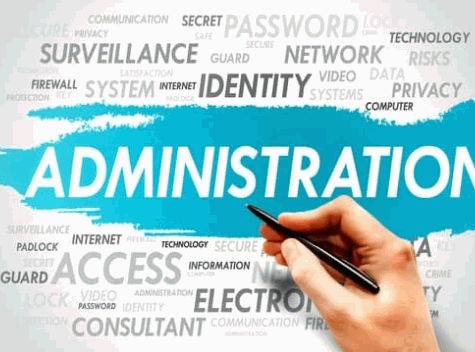
The most severe form of closure is initiated by a company's creditors when they believe the company cannot settle its outstanding debts.
Process:
Compulsory liquidation has serious implications for the company and its directors. It can affect the directors' ability to form new companies in the future and might lead to personal liabilities.
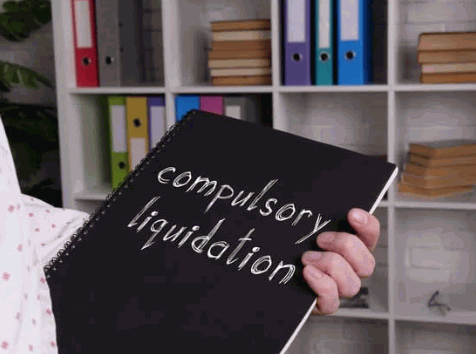
CVL, or Creditors' Voluntary Liquidation, is a formal insolvency process where the directors of a financially troubled company voluntarily decide to bring its operations to an end.
Navigating the process of company closure is intricate, and it becomes more so when the company is burdened with debts. Among the methods available for company closure, Creditors' Voluntary Liquidation is a prominent route for companies that are insolvent.
Delve into: Cheapest Way To Close A Limited Company
Some of the benefits of a CVL when you have HMRC debts include:
When a limited company owes money, you must seek professional advice, from accountancy specialists, and a licensed insolvency practitioner. At Auditox Accountancy, we can assist a limited company with debts to HMRC, so contact us for support today.